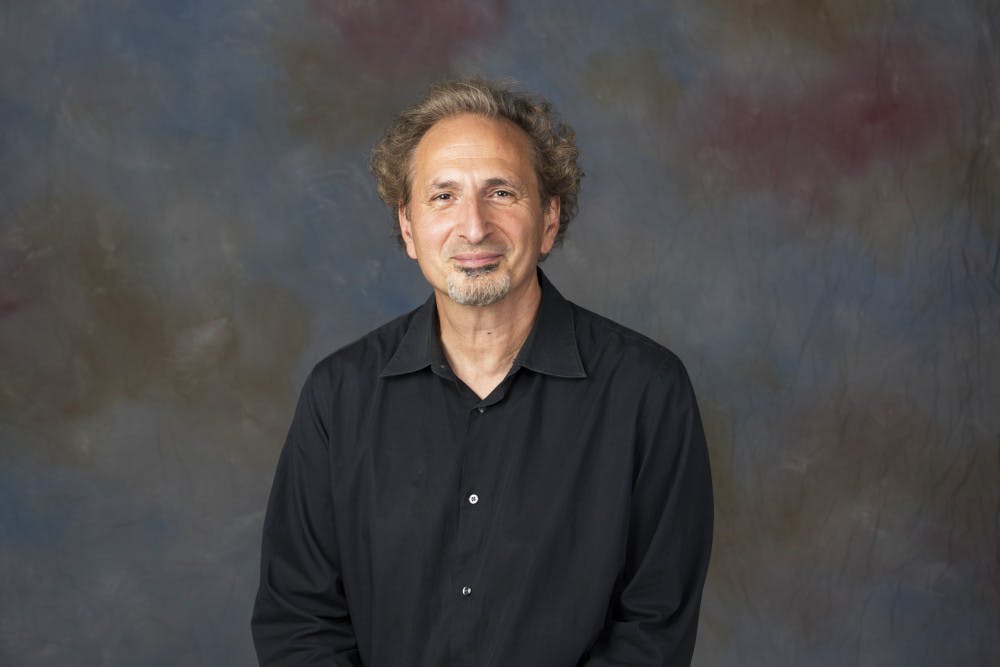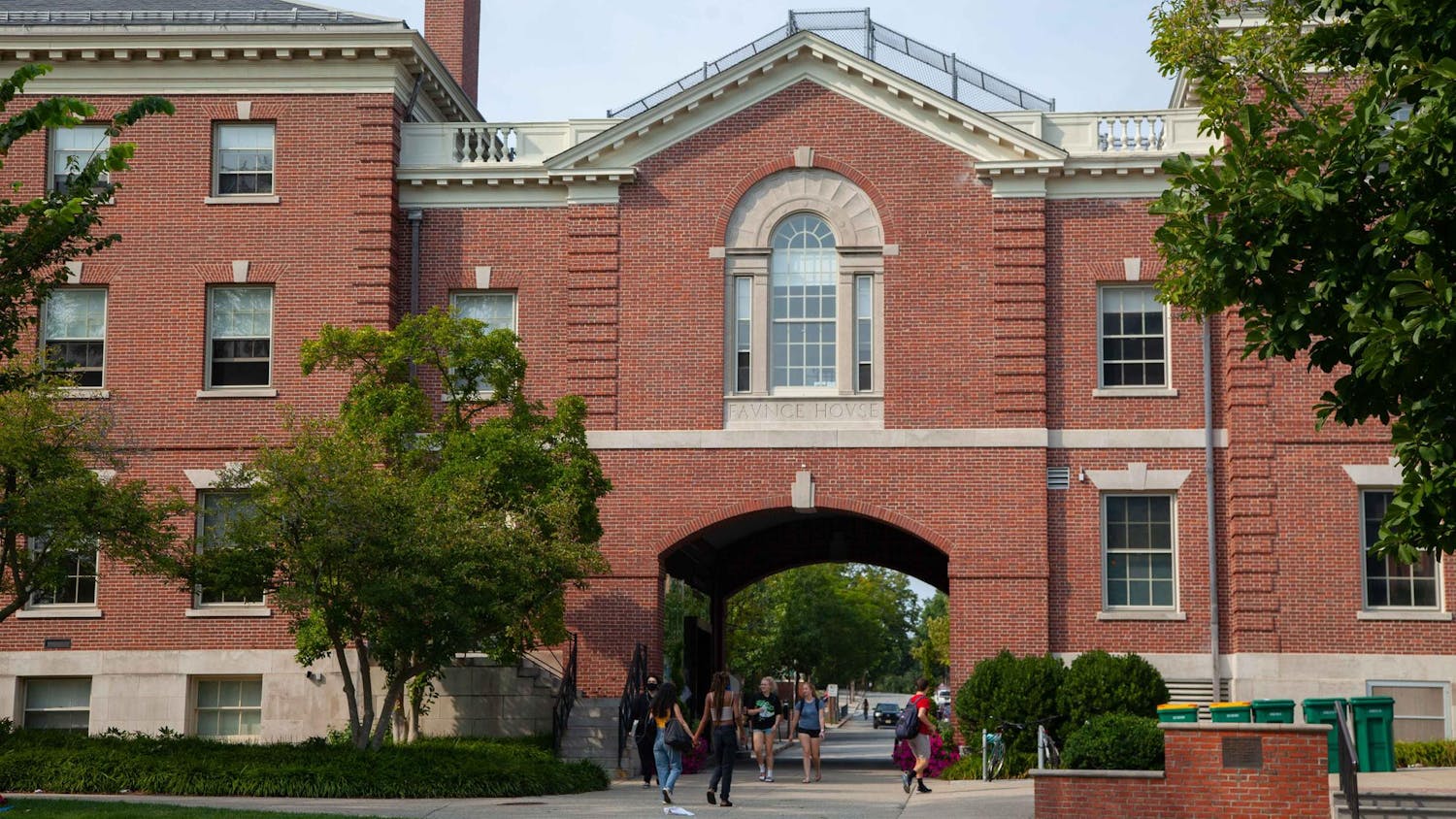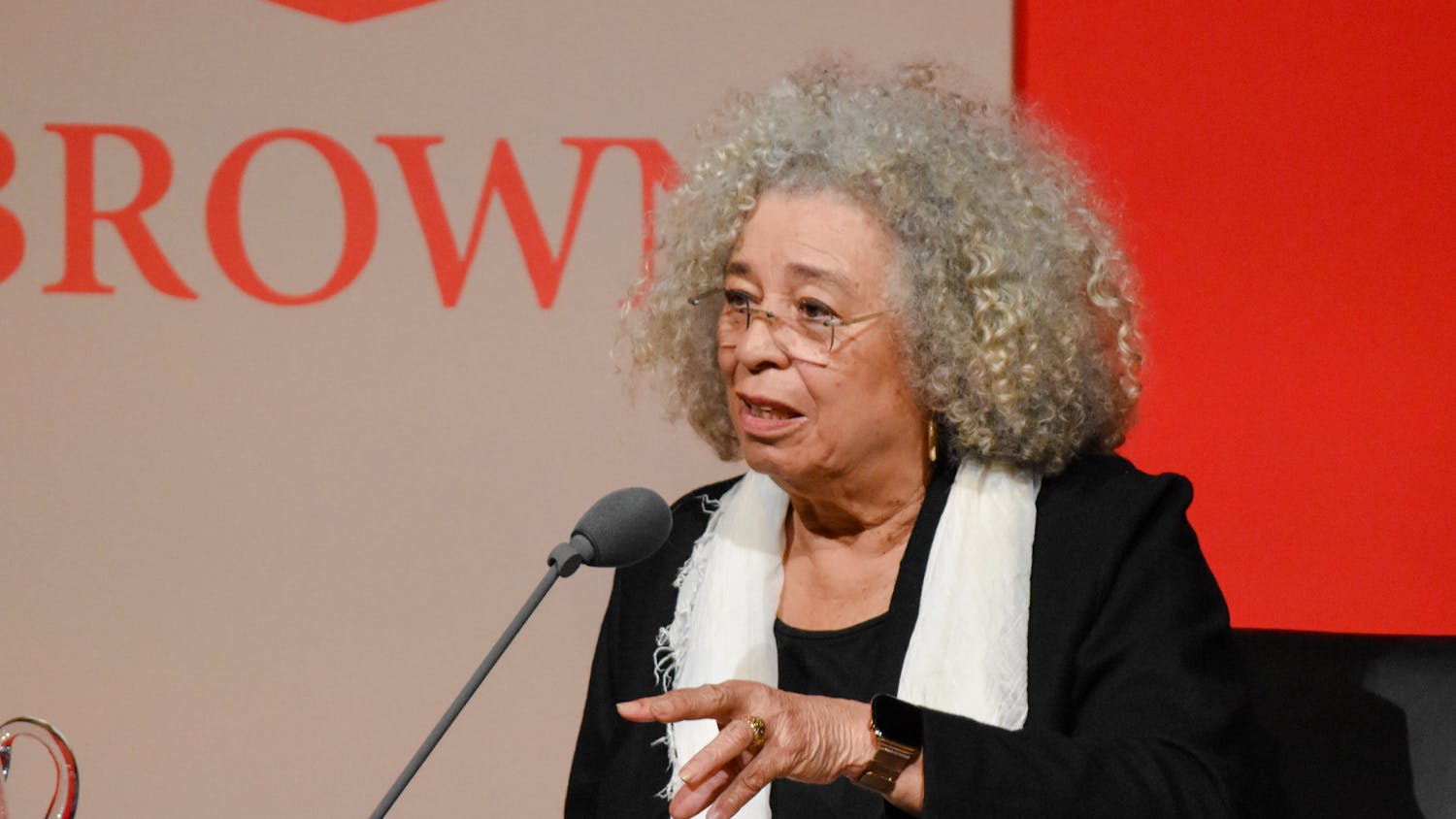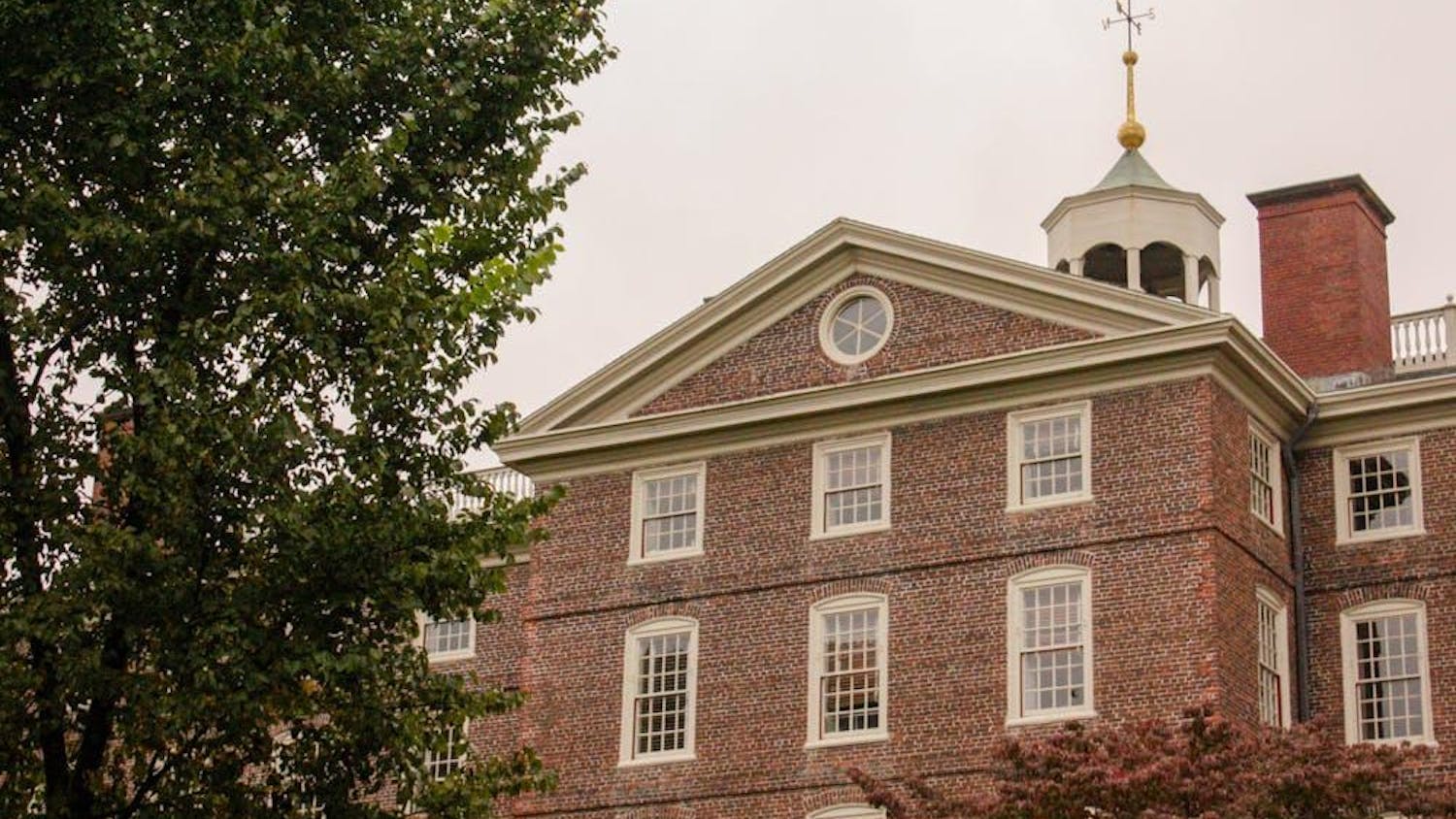Peter Balakian PhD’80 was recently awarded the Pulitzer Prize in poetry for “Ozone Journal,” a collection of his poems published in 2015 by the University of Chicago Press. Balakian first received his Bachelor of Arts degree from Bucknell University and a Master of Arts degree from New York University before coming to Brown to earn his doctorate in American civilization, which is now known as American studies. Balakian is currently a professor of humanities and director of creative writing at Colgate University.
Balakian has published several books of poetry and prose, including “A Train-Ziggurat Elegy,” the predecessor of “Ozone Journal,” that was published in 2010.
“Ozone Journal” contains 54 short poems recounting the speaker’s experience and reflections prompted by digging through the bones of victims of the Armenian genocide.
The Pulitzer Prize board praised “Ozone Journal” for including “poems that bear witness to the old losses and tragedies that undergird a global age of danger and uncertainty,” according to the Pulitzer Prize website.
The Herald spoke with Balakian about his time at Brown and the inspiration behind his writing.
The Herald: You got your PhD in American civilization here at Brown. How has being a student at Brown influenced your writing and teaching?
Balakian: American civilization at Brown was — and still is I’m sure — a very dynamic, interdisciplinary program. It was a good fit for me as a poet who was also doing a PhD because it allowed me to explore a more open range between literature, culture and history. And my poetry and poetics is very much defined by a lot of intersections between the literary, the historical and the cultural. I think American (civilization) was a very good fit for my artistic sensibility.
And I studied with such great people. I wish they were here to talk to today. Hyatt Wagner, David Hirsch and Bill McLoughlin were great mentors, and I’m very grateful for having worked with them.
What was the topic of your thesis when you received your PhD?
I wrote a dissertation on the American poet, Theodore Roethke.
What inspired “Ozone Journal”?
“Ozone Journal,” my collection, is anchored by a 55-section long poem. And I’m interested in advancing a multi-sequential long poem form that can absorb history, culture and the internal struggles of the self. This poem is set in Manhattan in the decade of the 1980s, and it’s a sequel to my previous book “Ziggurat,” in which there’s also a 53-section poem that’s also multi-sequential that’s set in Manhattan in the 1960s and ’70s. “Ozone Journal” is the second in what I hope to be a trilogy of three long poems of multi-sections.
What do you think is the importance of writing about historical events that have happened in the past, especially the ones that have affected people the most?
There’s a poem (in “Ozone Journal”) set in Providence and Tehran in 1979. … It’s a poem in which the persona — in this case, me — is lying on his back in his apartment on Medway Street with a back injury and watching the TV screen — I engage a lot of screenic culture in my work. On the TV I am watching Iranian revolutions over the U.S. embassy in Tehran. As this is happening, I’m studying for my doctoral exams, and the images of the Brown campus are interwoven with an early morning hallucinatory moment.
I think the poetic imagination is capable of embodying historical and cultural events in rich and multi-layered ways, in dynamic and compressed language that only the poem can do. I think this is one of poetry’s powerful contributions.
Any advice for aspiring writers?
Be totally in love with your medium. Be immersed in language so that language leads you to your discoveries. And be preserving — keep at it. Let it become a journey that is your life.
This interview has been edited for clarity and length.





